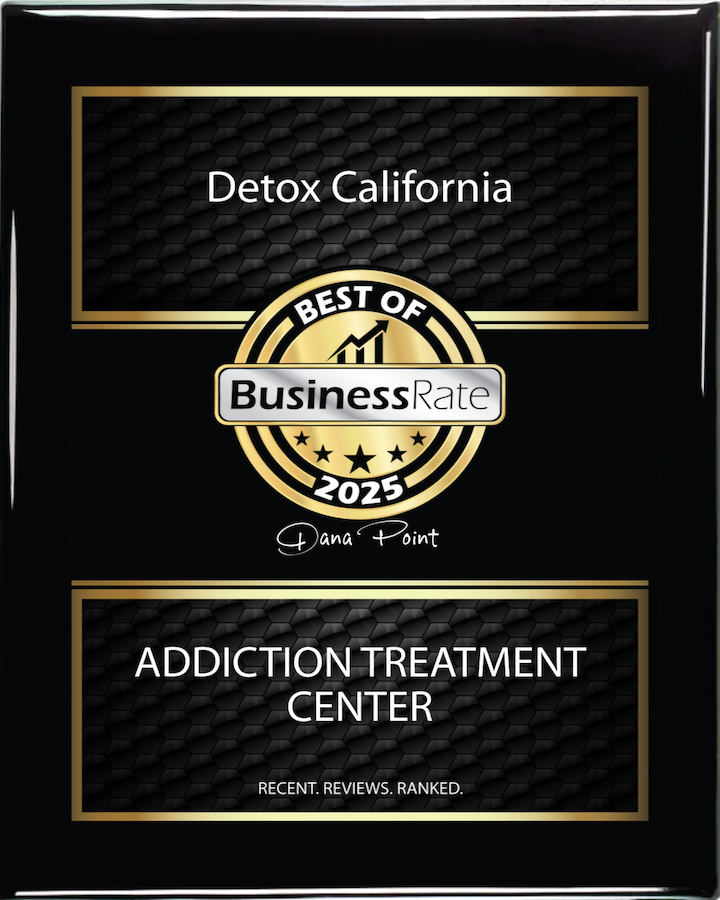One of the most common questions about rehab is whether clients can bring and use their cell phones. Many rehab centers limit phone usage during the initial phases of treatment to help individuals focus on their recovery journey. These restrictions are designed to minimize distractions from the outside world, such as social media or other potential triggers.
At the same time, staying connected to loved ones is an important part of the healing process. Many treatment facilities allow limited phone privileges under structured guidelines, ensuring clients can maintain a support network while prioritizing their treatment goals. This balance helps create an environment conducive to a successful recovery.
Why Limit My Cell Phone Use?
Limiting cell phone use in rehab serves an essential purpose in supporting the recovery process. Constant access to smartphones and other electronic devices can create distractions, exposing individuals to social media, negative influences, or stressors that may hinder progress. By reducing these distractions, clients can fully immerse themselves in therapy sessions, treatment plans, and the emotional work required for recovery.
Additionally, restricting cell phone use helps create a controlled environment that prioritizes well-being and mental health. It minimizes contact with triggers related to substance abuse or alcohol addiction while encouraging clients to develop healthier coping mechanisms. This temporary separation from the outside world allows individuals to focus on building a strong foundation for
Cell Phone Access in Inpatient Treatment
Cell phone access during inpatient treatment varies depending on the policies of the rehab center. Many facilities restrict phone use in the early stages of treatment to ensure clients can focus on detox and the recovery process without distractions. This is especially important during medical detox or intensive therapy sessions, where full attention is crucial for progress.
As clients advance in their treatment program, some inpatient facilities may grant limited phone privileges to allow contact with family members and loved ones. These carefully managed policies help balance staying connected to a support network while maintaining a structured, distraction-free environment conducive to healing and recovery.
Making Calls Without a Cell Phone
Even in facilities where cell phone use is limited, clients still have ways to stay connected with their support system. Most inpatient rehab centers provide access to landlines for making phone calls to family members or loved ones. These calls are typically scheduled during specific times to ensure they don’t interfere with therapy sessions or other aspects of the treatment program.
This structured approach helps clients maintain emotional support and connection with the outside world without compromising their focus on recovery. For many, the act of reaching out to loved ones through a landline fosters meaningful communication while keeping boundaries in place to support a successful recovery journey.
Browsing Social Media
Access to social media is often restricted during inpatient treatment to protect clients from potential triggers and negative influences. Social media platforms can expose individuals to content that may lead to cravings, emotional distress, or feelings of comparison, which can interfere with the recovery process. By limiting access, drug rehab programs help clients focus on their well-being and develop healthier coping strategies.
While staying connected is important, excessive browsing can be a significant distraction during addiction treatment. Many rehab programs encourage clients to engage in face-to-face interactions, therapy sessions, and activities that promote personal growth and emotional support. This intentional break from social media allows individuals to reconnect with themselves and build a strong foundation for lasting recovery.
Using the Internet on Cell Phones or Laptops
Internet use during inpatient treatment is often regulated by rehab facilities to ensure it supports recovery rather than detracts from it. Access to cell phones, laptops, or other electronic devices may be limited or monitored, depending on the policies of the providers. This helps reduce exposure to potential triggers, such as stress-inducing content or influences that could complicate the recovery process for individuals dealing with substance use or drug addiction.
In some cases, alcohol rehab and drug rehab programs may allow structured internet use for productive purposes, such as maintaining contact with loved ones, accessing virtual therapy, or using healthcare-related apps that support mental health. For those transitioning to outpatient care, limited internet use can also assist in building life skills or staying connected with their support networks. By maintaining balance, rehab facilities ensure internet access aligns with treatment goals and promotes a successful recovery journey.
Knowing the Rules of a Treatment Center
Understanding the rules surrounding cell phone, laptop, and internet use is crucial when entering a treatment center. These policies are designed to foster an environment that supports recovery while minimizing distractions and exposure to potential triggers. Whether the program is inpatient or outpatient, or focused on alcohol rehab or drug addiction recovery, healthcare providers set these guidelines to prioritize well-being and ensure clients stay engaged in the recovery process.
Cell Phone Use
Most treatment centers limit cell phone use during the early phases of recovery. This helps clients focus on their treatment plan without distractions from social media, stress-inducing calls, or negative influences. Gradual reintroduction of phone privileges may occur as clients progress in their recovery journey.
Internet and Laptop Policies
Access to laptops and the internet is typically restricted or closely monitored in rehab facilities. This prevents exposure to triggers, such as harmful content or communication that could disrupt progress. Some programs allow controlled use for productive purposes like staying connected with loved ones or attending virtual therapy sessions.
Outside Communication
Contact with the outside world, including family and friends, is often regulated in the initial stages of treatment. Scheduled phone calls or access to a landline may be provided to maintain important emotional support while keeping distractions to a minimum. These measures ensure that communication aligns with the recovery process.
Balancing Connection and Focus
The goal of these policies is to strike a balance between maintaining a support network and minimizing distractions. Structured rules around cell phones, laptops, and outside communication help create a controlled, focused environment where clients can fully commit to their recovery journey.
Will My Phone Be Safe While I Don’t Have It?
Many people worry about the safety of their personal belongings, including phones, when entering an addiction treatment center. Most facilities have secure policies in place to store cell phones and other electronic devices, ensuring they remain safe throughout the program. Phones are typically kept in a monitored, designated area to prevent loss or damage, giving clients peace of mind as they focus on their recovery.
Whether the treatment program is focused on alcohol treatment, drug rehab, or dual diagnoses, facilities aim to create a supportive and trusting environment. For clients transitioning to outpatient care, such as an IOP (Intensive Outpatient Program) or aftercare services, personal belongings, including phones, are returned once they have completed the structured inpatient phase. These policies help maintain focus during the treatment process while ensuring belongings are secure and accessible when needed.
Find the Balance in Recovery
Achieving a successful recovery involves finding the right balance between staying connected to loved ones and fully focusing on the healing process. At Detox California, we understand the importance of maintaining meaningful relationships while minimizing distractions. Our structured programs are designed to help you prioritize your recovery journey, whether you’re seeking alcohol treatment, drug rehab, or a comprehensive aftercare plan.
If you or a loved one is ready to take the first step toward recovery, Detox California is here to support you every step of the way. Contact us today to learn more about our inpatient programs, IOP options, and personalized treatment plans. Together, we can help you build a foundation for a healthier, more fulfilling life.

















